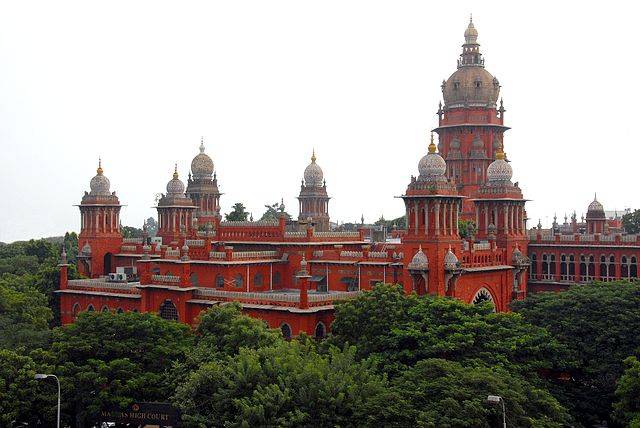This post was first published on March 30, 2012.
Recently Madras High Court has delivered a very interesting judgment on trademark infringement and passing off in the case of Rhizome Distilleries Pvt. Ltd Vs. Union Of India & Others on 16 February, 2012.
The suit has been filed by Rhizome Distilleries Pvt. Ltd against four different Respondents. They are- 1. Union of India, 2. Intellectual Property Appellate Board, 3. The Registrar of Trade Marks, 4. Pernod Richard S.A.
The petitioner company is a bottling and blending unit, which possesses recognized liquor brands in the market capturing middle and lower segments in the name of ‘Rhizome’s IMPERIAL GOLD’, ‘IMPERIAL GOLD WHISKY’, ‘MARSHALL WHISKY’, ‘ROYAL GOLD DELUXE WHISKY’, ‘ROYAL EAGLE WHISKY’, ‘THE FAMOUS HORSE WHISKY’, ‘CREDIT CARD SELECT WHISKY’ and ‘1000 OAKS LUXURY WHISKY’ etc Respondent No. 4. is a company incorporated under the laws of France and engaged in the business of manufacturing and distribution of wines, liquors, and spirits under its brand names ‘IMPERIAL BLUE’, ‘ROYAL STAG’ and so on.
The sequence of events is summarized as follows:
1. The Respondent No.4 filed an infringement suit before the Delhi High Court in 2008 against the registered mark of the Petitioner ‘Rhizome’s IMPERIAL GOLD’.
2. The Delhi High Court Granted the interim injunction restraining the Petitioner using the mark ‘Rhizome’s IMPERIAL GOLD’.
3. The Petitioner filed an appeal before the divisional bench of Delhi High Court in 2008 and the same was allowed. The Court held that the word ‘IMPERIAL’ is laudatory in nature and common to the trade which cannot be monopolized by any one single party.
4. Aggrieved by the above order, the Respondent No.4 filed a special leave petition before the Supreme Court which was disallowed from the very beginning.
5. The Respondent No.4 filed a rectification petition before the IPAB against the registration of the mark ‘Rhizome’s IMPERIAL GOLD’. The IPAB opined that the mark of the Petitioner creates deception and confusion among the public since the same is similar to the mark of the Respondent No.4 IMPERIAL BLUE. Furthermore, the IPAB took into consideration the prior usage and registration date of the Respondent No.4 and directed the Registrar to remove the trademark ‘Rhizome’s IMPERIAL GOLD.
6. Challenging the above order, the Writ petition has been filed by the Petitioner before the Madras High Court.
The issues involved are: (i) whether the 4th respondent can claim any exclusive right over the individual element ‘IMPERIAL’ when a trademark consists of several matters?
(ii) Whether the 2nd respondent Board has committed any error in allowing the application filed by the 4th respondent by applying the provisions of section 11 of the Trade Marks Act?
While delivering the judgment, the Court held that “Conflicting composition marks are to be compared by looking at them as a whole, rather than breaking the marks up into their component parts for comparison. A mark should not be dissected or split up into its component parts and each part then compared with corresponding parts of the conflicting mark to determine the likelihood of confusion. Hence, it is the impression that the mark as a whole creates on the average reasonably prudent buyer and not the parts thereof, that is important.
With regard to the generic component, the Court ruled, “Where the trademark includes a generic component, the manufacturers are not precluded from using as part of their marks the said generic component. This is because the generic component will obviously not be the distinctive portion and the dominant portion would be dissimilar or non-generic portion. When the comparison of the marks are taken up as a whole, the distinctive portion of the trademarks i.e. non-generic component would have to be compared and not the generic component. Therefore, no one can claim an exclusive right for the word IMPERIAL since the same is a very common word.
The Hon’ble High Court further stated that the grounds embodied under sections 9 and 11 of the Trademarks Act may be resorted to only when the mark is published in the official journal of the trademark registry and not after a mark is granted registration. The said principles cannot be applied for rectification proceedings. Finally, the Hon’ble Court held that the order passed by the Respondent No.2 i.e, the IPAB to remove the mark of the Petitioner from the register of trademarks is set aside.
News from Spicy IP
Contributed by Sarthak Saran



